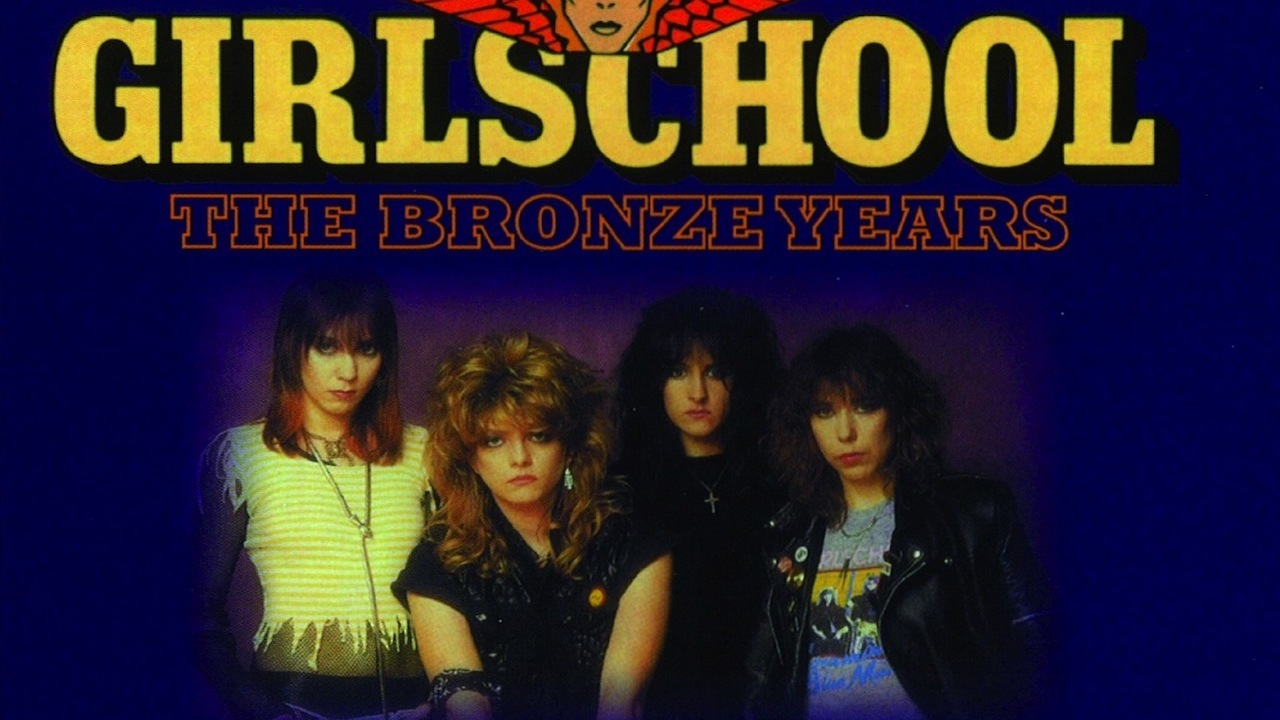You can trust Louder
Caught between punk and the New Wave of British Heavy Metal, South London all-female headbangers Girlschool enjoyed chart success in the early 80s with a little help from friend and labelmate Lemmy. Though they were never marketed as sex objects and avoided explicitly feminist statements, Girlschool sadly faced routine caveman sexism from critics and rock fans alike.
Their first four albums are repackaged here with bonus tracks, live recordings and alternate mixes, but few essential additions and no buried treasure. While we have to admit that the group’s songwriting style was always pretty rudimentary, these juvenile efforts still pack an agreeably raw punk-metal punch – a sound reminiscent of The Runaways, Blondie or Ramones.
Their 1980 debut Demolition and its 1981 sequel Hit And Run are full of youthful spunk and biker-girl bravado. The latter is here expanded to include their biggest hit, a bone-shaking cover of Johnny Kidd’s Please Don’t Touch, recorded with Motörhead under the joint alias Headgirl. In 1982, Screaming Blue Murder found Girlschool drifting away from scuffed-denim sleaze towards a more polished hair-metal sound. A bad move, though Flesh And Blood stands out as an incongruous flirtation with post-punk disco-funk.
Play Dirty, released in 1983, has more glam-metal swagger, possibly due to studio production by Slade’s Noddy Holder and Jim Lea, plus a rowdy cover of Bolan’s 20th Century Boy. Both albums underperformed commercially, and Girlschool soon parted company with their near-bankrupt label Bronze.
Singer Kelly Johnson departed for Los Angeles, leaving her former bandmates to seek new labels and new members. They still perform today, but have never recaptured the rough charm of these early releases.
Sign up below to get the latest from Classic Rock, plus exclusive special offers, direct to your inbox!
Stephen Dalton has been writing about all things rock for more than 30 years, starting in the late Eighties at the New Musical Express (RIP) when it was still an annoyingly pompous analogue weekly paper printed on dead trees and sold in actual physical shops. For the last decade or so he has been a regular contributor to Classic Rock magazine. He has also written about music and film for Uncut, Vox, Prog, The Quietus, Electronic Sound, Rolling Stone, The Times, The London Evening Standard, Wallpaper, The Film Verdict, Sight and Sound, The Hollywood Reporter and others, including some even more disreputable publications.


